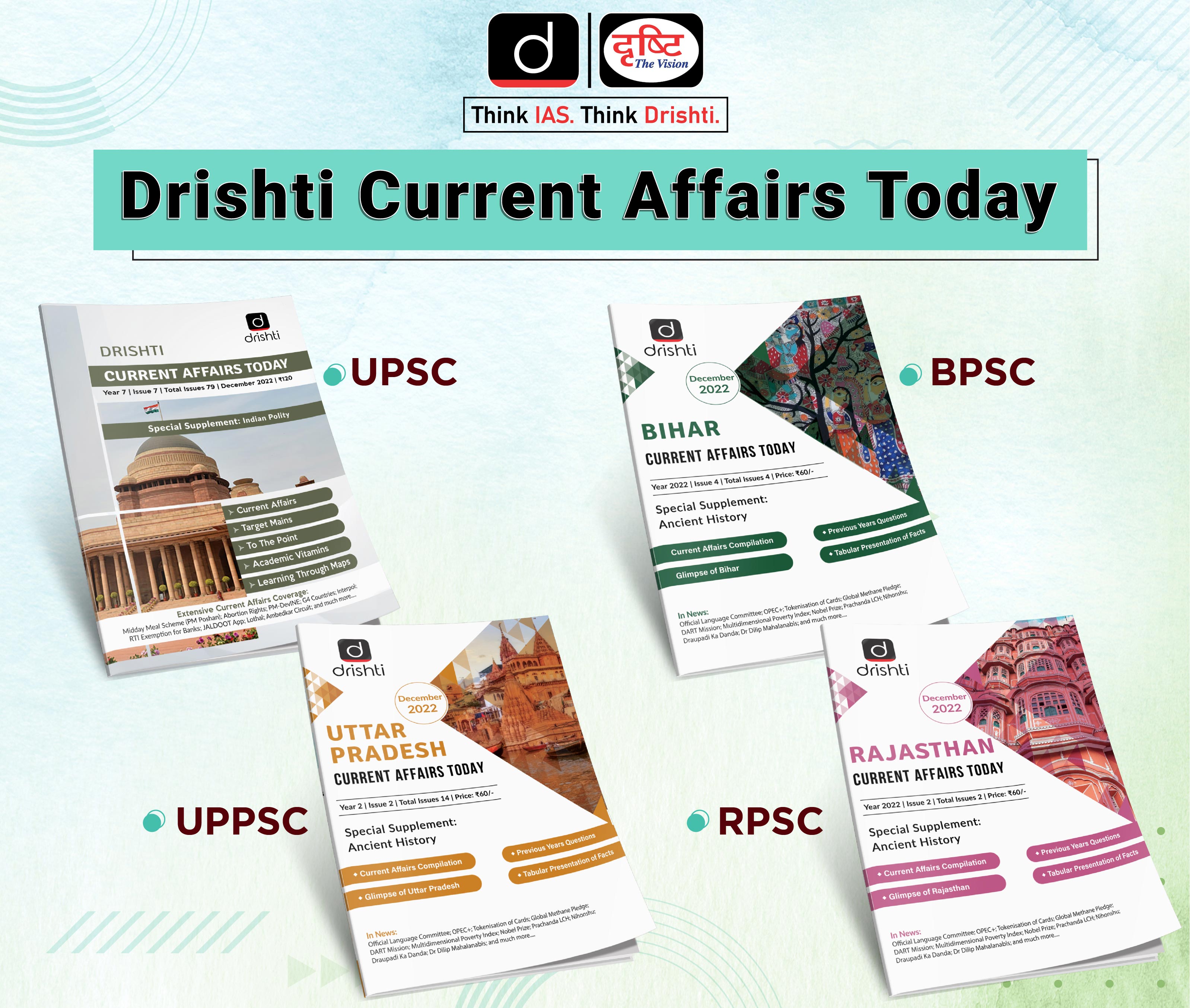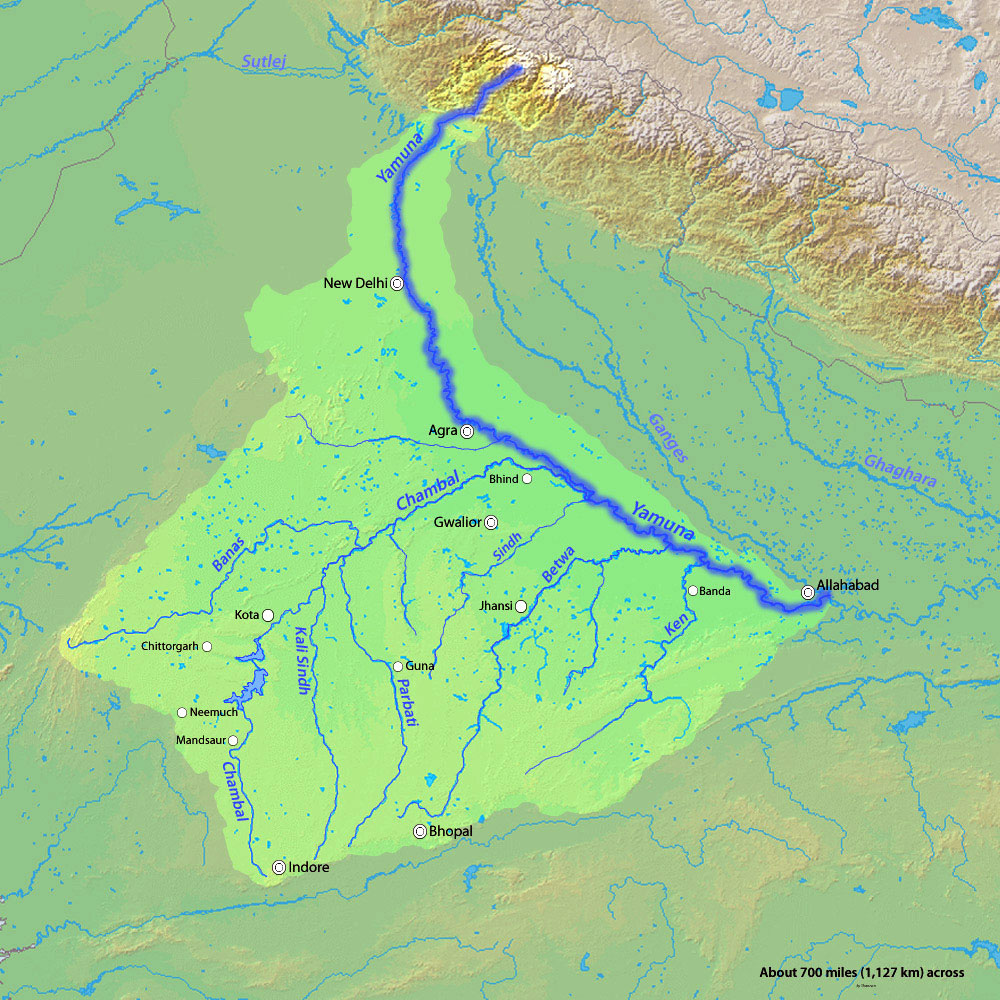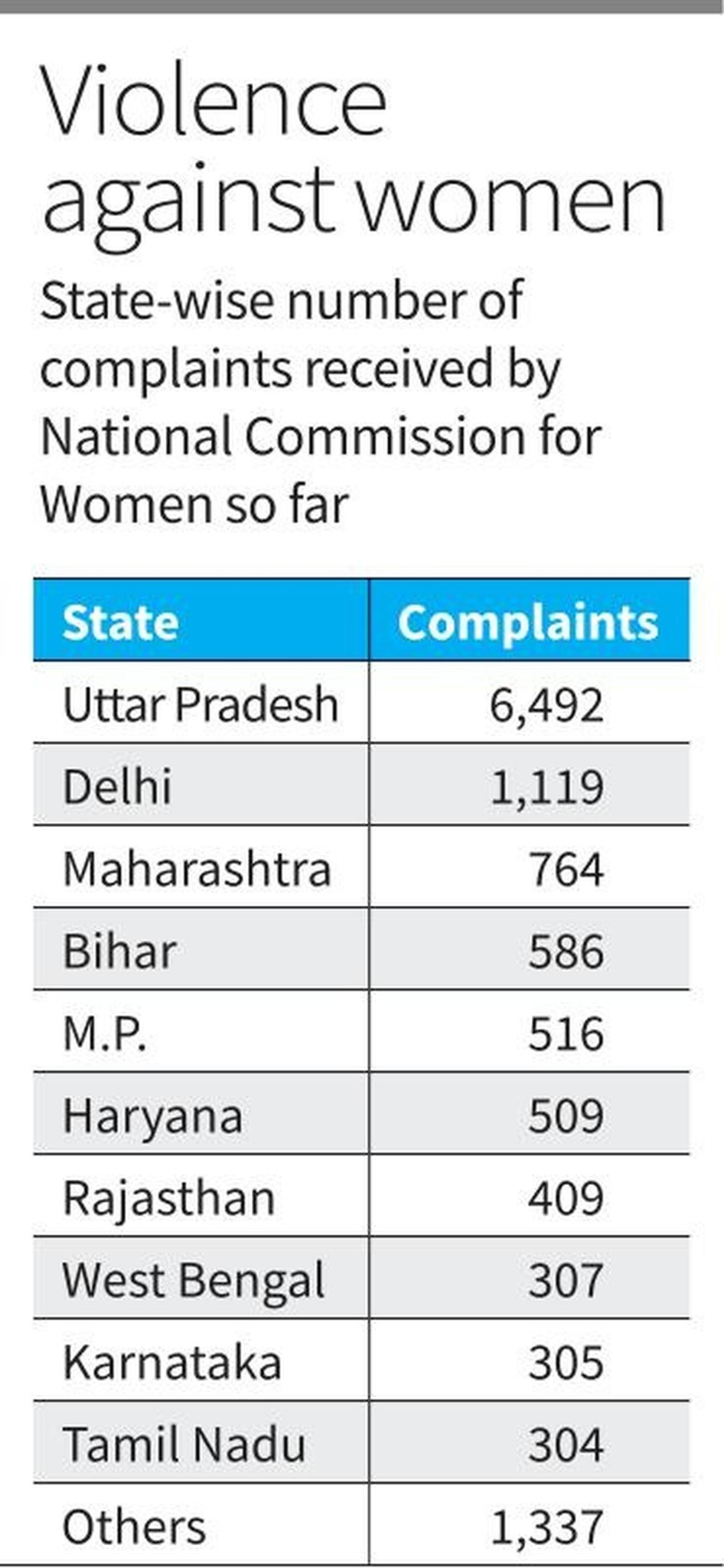Uttar Pradesh Switch to Hindi
PM Modi's visit to Kashi Vishwanath Temple
Why in News?
- The Prime Minister of India recently visited Varanasi, marking his first trip to the holy city since he assumed office for the third time.
Key Points
- He inaugurated the first phase of the Kashi Vishwanath Temple corridor project.
- The corridor connects the temple to the banks of the river Ganga and is a symbol of India’s Sanatan culture.
- After the inauguration, PM Modi addressed the audience, emphasizing the historical significance of the Kashi Vishwanath Temple. He also highlighted the resilience of the city against past invasions and attempts to tarnish its image.
- Before the inauguration, PM Modi offered prayers at the Kaal Bhairav Temple in Varanasi.
- In the evening, PM Modi witnessed the Ganga Aarti. This visit holds immense cultural and historical significance, celebrating the spirit of Varanasi and its iconic temple.
Kashi Vishwanath Corridor
- Kashi Vishwanath Corridor connects the iconic Kashi Vishwanath temple and the ghats along the river Ganga.
- Kashi Vishwanath Temple is one of the most famous Hindu temples dedicated to Lord Shiva.
- The temple stands on the western bank of the holy river Ganga and is one of the twelve Jyotirlingas, the holiest of Shiva temples.
- Kashi Vishwanath Dham has become one of the top pilgrimage spots in India as a record 12.9 crore devotees visited the shrine in two years.


Uttar Pradesh Switch to Hindi
National Commission for Women
Why in News?
According to the sources, the highest number of complaints received by the National Commission for Women (NCW) in 2024 has been from Uttar Pradesh followed by Delhi and Maharashtra.
Key Points
- Out of the 12,648 complaints filed with the NCW in 2024, Uttar Pradesh led with 6,492 complaints, followed by Delhi with 1,119 complaints, and Maharashtra with 764 complaints.
- Other states like Tamil Nadu, Karnataka, Bihar, Madhya Pradesh, Haryana, Rajasthan, and West Bengal also reported varying numbers of complaints.
- The most complaints, totaling 3,567, were reported in the category related to "right to dignity," encompassing harassment apart from domestic violence.
- This was followed by 3,213 complaints of domestic violence, 1,963 complaints of dowry harassment, 821 of molestation, 524 of police apathy towards women complaints, and 658 of rape or attempted rape.
- Manipur, which has seen large-scale ethnic violence as well as crimes against women, recorded only six complaints with the NCW in 2023.
National Commission for Women (NCW)
- The NCW is the statutory body of the Government of India, generally concerned with advising the government on all policy matters affecting women.
- It was established in January 1992 under the provisions of the Indian Constitution, as defined in the National Commission for Women Act, 1990.
- The objective of the NCW is to represent the rights of women in India and to provide a voice for their issues and concerns.
- The subjects of their campaigns have included dowry, politics, religion, equal representation for women in jobs, and the exploitation of women for labour.
- The NCW also receives and investigates complaints from women who are victims of violence, discrimination, harassment, or deprivation of their rights.


Uttarakhand Switch to Hindi
Crowd Eye Device
Why in News?
Recently, Indian Institute of Technology (IIT) Roorkee has developed a 'Crowd Eye' device to manage increasing pilgrim footfall at the Char Dham shrines by sending alerts before the crowd increases.
- On the experimental grounds, preparations are being made to install the first Crowd Eye device in Yamunotri.
Key Points
- This device is designed for real-time monitoring of religious places to manage crowds.
- A funding request has been submitted to Uttarakhand State Council for Science and Technology (UCOST) in Dehradun for installing a locally developed ‘Crowd Eye’ device in Yamunotri.
- The project will start after budget approval, with production cost estimated at 60 to 70 thousand rupees. Efforts are also being made to patent this technology.
- Future updates aim to differentiate between male and female data within crowd counts.
- Surveys at Deen Dayal Upadhyay and Pantdweep parking areas in Haridwar are addressing traffic congestion during the pilgrimage season.
Char Dham Yatra
- Yamunotri Dham:
- Location: Uttarkashi district.
- Dedicated to: Goddess Yamuna.
- River Yamuna is the second-most sacred river in India after River Ganga.
- Gangotri Dham:
- Location: Uttarkashi district.
- Dedicated to: Goddess Ganga.
- Considered the most sacred of all Indian rivers.
- Kedarnath Dham:
- Location: Rudraprayag district.
- Dedicated to: Lord Shiva.
- Situated on the bank of the Mandakini River.
- One of the 12 Jyotirlingas (divine representations of Lord Shiva) in India.
- Badrinath Dham:
- Location: Chamoli district.
- Home to the sacred Badrinarayan Temple.
- Dedicated to: Lord Vishnu.
- One of the holy shrines for Vaishnavites.


Rajasthan Switch to Hindi
Legislation for Forced Religious Conversions
Why in News?
Recently, The Rajasthan government informed the Supreme Court that it is in the process of bringing in its own legislation as it does not have any specific legislation regarding religious conversions.
- The state emphasized that it follows the directives of the Supreme Court, various High Courts, and the Central Government on this matter.
Key Points
- According to a Public Interest Litigation (PIL) filed by an advocate the Centre and States have failed to control the menace of deceitful religious conversion, though it is their duty under Articles 14, 21, 25 of the Constitution.
- The penal law does not cover religious conversion, many states have become the safe place for foreign funded individuals, and Non-governmental Organizations (NGOs) for illegal conversion.
- In 2022, the Supreme Court issued notice to the Centre and others seeking their response to the plea for a direction to control fraudulent religious conversion and those carried out by intimidation, threat, deceit, and through gifts and monetary benefits.
Religious Conversion
- Religious conversion is the adoption of a set of beliefs identified with one particular religious denomination to the exclusion of others.
- Thus "religious conversion" would describe the abandoning of adherence to one denomination and affiliating with another.
- For example, Christian Baptist to Methodist or Catholic, Muslim Shia to Sunni.
- In some cases, religious conversion "marks a transformation of religious identity and is symbolized by special rituals".
Article 14
- Article 14 says that no person shall be denied treatment of equality before the law or the equal protection of the laws within the territory of India.
- The right is extended to all persons whether citizens or foreigners, statutory corporations, companies, registered societies or any other type of legal person.
Article 21
- This declares that no person shall be deprived of his life or personal liberty except according to procedure established by law. This right is available to both citizens and non-citizens.
- The right to life is not merely confined to animal existence or survival but also includes the right to live with human dignity and all those aspects of life which go to make a man’s life meaningful, complete and worth living.
Article 25
- The Indian Constitution under Article 25 guarantees the freedom to profess, propagate, and practice religion, and allows all religious sections to manage their own affairs in matters of religion, subject to public order, morality, and health.
- However, no person shall force their religious beliefs and consequently, no person should be forced to practice any religion against their wishes.


Haryana Switch to Hindi
Delhi-Haryana Water Crisis
Why in News?
Recently, the Delhi Water Minister visited the Wazirabad barrage and appealed to the Haryana government to release water in the Yamuna river.
Key Points
- The Wazirabad barrage gets water from Haryana which goes to the water treatment plants of Chandrawal, Okhla and Wazirabad.
- The water dispute between Haryana and Delhi highlights the challenges of resource allocation and management in the region.
Yamuna River
- About:
- The Yamuna River is one of the major tributaries of the Ganges in Northern India.
- It forms an integral part of the Yamuna-Ganga Plain, one of the world's most extensive alluvial plains.
- Source:
- It has its source in the Yamunotri Glacier at an elevation of 6,387 meters on the southwestern sides of Banderpooch crests in the lower Himalayan ranges.
- Basin:
- It meets the Ganges at the Sangam (where Kumbh mela is held) in Prayagraj, Uttar Pradesh after flowing through Uttarakhand, Himachal Pradesh, Haryana and Delhi.
- Important Dam: Lakhwar-Vyasi Dam (Uttarakhand), Tajewala Barrage Dam (Haryana) etc.
- Important Tributaries: Chambal, Sindh, Betwa and Ken.
- Government Initiatives Related to Yamuna River:
- Yamuna Action Plan
- Delhi Government’s Six-Point Action Plan to Clean Yamuna by February 2025.











%20MPPCS%202025%20Desktop%20E.jpg)
%20MPPCS%202025%20Mobile%20E%20(1).jpg)










.png)
.png)











 PCS Parikshan
PCS Parikshan


